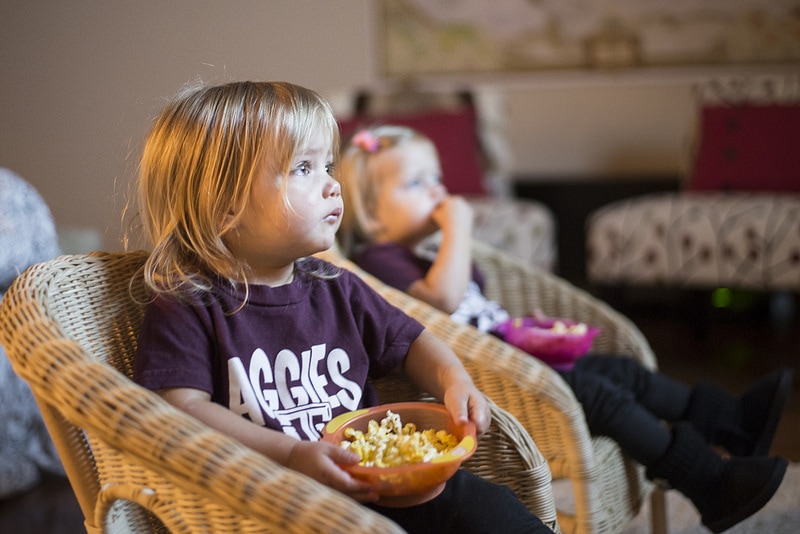Recommended Guidelines for Parents of Young Children:1) Establish a Family Media Use Plan (www.healthychildren.org/MediaUsePlan) as early as possible. 2) Avoid digital media use (except video-chatting with a parent/carers support) in children younger than 18 to 24 months. 3) For children 18 to 24 months of age (if you want to introduce digital media) choose high-quality programming (e.g. Play School, Seasame Street, Mr Maker) and watch it together with your child, because this is how toddlers learn best. Letting children sit and watch television and play on apps on their own at this age should be avoided. 4) Do not feel pressured to introduce technology early. Children will intuitively work them out quickly once they start using them at home or in school. 5) For children 2-5 years of age, limit screen use to 1 hour per day of high quality programming. Watch the program together with your child to help them understand what they are seeing, and help them apply what they learn to the world around them. Coviewing promotes enhanced learning and greater interaction. 6) Monitor children's media content and what apps are being used or downloaded. Test apps before a child uses them or play them with the child and ask them what they think about the app. Avoid fast-paced programs (young children do not understand them as well) and apps with lots of distracting or any violent content. 7) Turn off televisions, ipads and other devices when not in use. 8) Avoid using media as the only way to calm or settle your child. Although there are occasional times (e.g. medical procedures, airplane flights) when media is useful as a settling and soothing strategy, there is concern that using media as a strategy to calm children could lead to problems with limit setting, or the "inability of children to develop their own emotion regulation". A Paediatrician or Paediatric Occupational Therapist may be able to provide further help in this area if needed. 9) No screen 1 hour before bedtime. Children who have screen time right up until bedtime have poorer sleep. Remove devices from bedrooms before bed. 10) Keep bedrooms, mealtimes and parent-child playtimes screen free for children and parents. Parents can choose a "do not disturb" option on their phones during these times. Written by Sarah Creagh using content from the following publication:
|
Author - Sarah CreaghI'm a speech pathologist with a passion for working in partnership with parents to support children to reach their maximum potential. Archives
September 2018
Categories
All
|






 RSS Feed
RSS Feed

